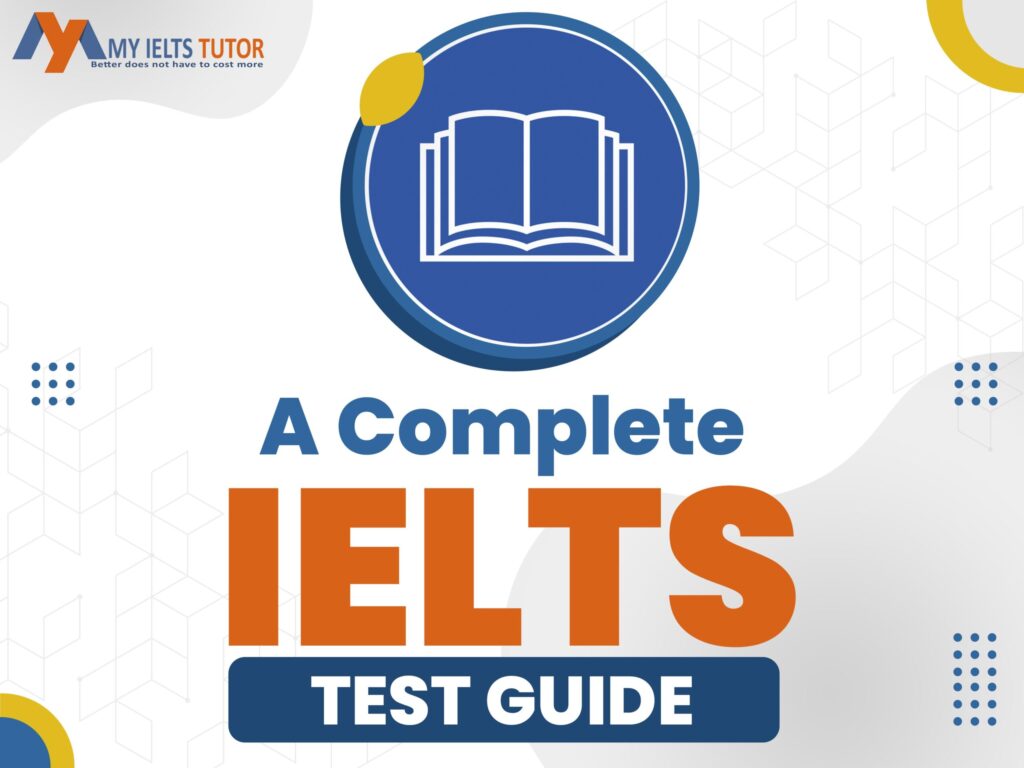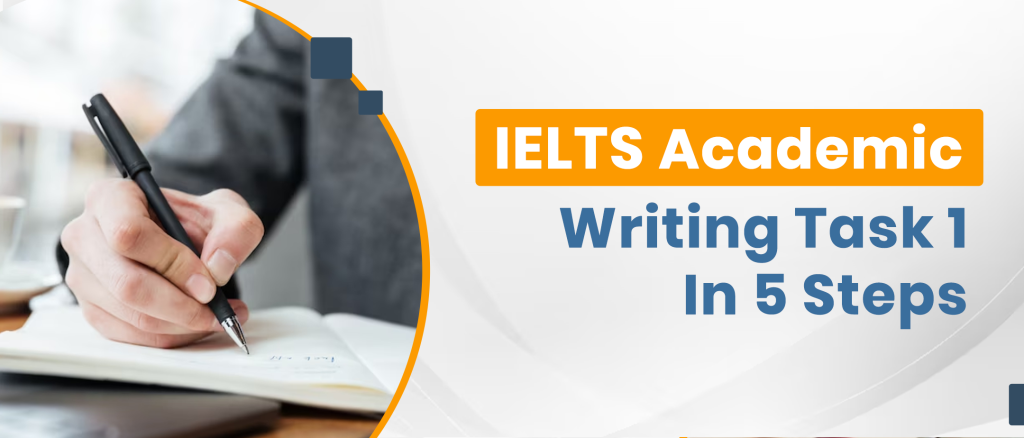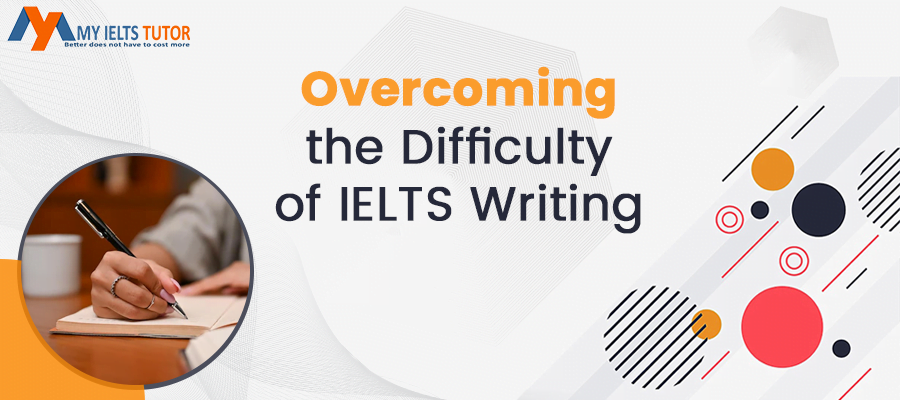How to prepare for the IELTS exam?

Why is IELTS exam , unlike other tests, the only exam accepted by more than 10000 universities to check English language proficiency?
There are other tests to check the English language skill in a candidate; however, conducted by IDP and British Council, the IELTS exam is prepared explicitly to ensure a candidate’s ability to study, work, or migrate to a country where English is the native language.
Are you planning the rest of your life abroad?
If yes, IELTS is one first things to crack.
What is IELTS, and How do you prepare for the IELTS exam?
When you first hear the word ‘IELTS’, it threatens. Do not worry; we can help you crack the examination and prepare for it thoroughly.
Is IELTS required in Singapore? While it is necessary for applying at many universities and other educational institutions in Singapore, you can still find some institutions where it is not compulsory. You can always go for a specific alternative, i.e., if you possess a degree from any English medium college or university, you do not require IELTS scores for applying to several universities. The English proficiency certificate is a must for application.
What is IELTS?
Short for International English Language Testing System – IELTS is an exam that helps build a career by living or working abroad. IELTS assesses one’s English language proficiency, including listening, speaking, reading, and writing sections, as it is crucial to be proficient enough with the English language while planning a life abroad.
There are two types of IELTS.
1. IELTS Academic
2. IELTS General
IELTS Academic is for those emigrating abroad to finish their studies and IELTS General is for those looking for permanent residency. Choose your suitable type and tie a knot because you will find it helpful as you progress in the Reading.
Note: The assessment of the test is on the band scores from 1-9. One being the lowest and nine the highest.
How to prepare for the IELTS exam effectively?
It is quintessential to prepare effectively for the IELTS exam, whether Academic or General.
An aspirant can adopt two things for IELTS preparation, one is to prepare at home, and the other is under the guidance of the best IELTS training institute near you or online.
● Prepare for IELTS at home – Preparing for home IELTS is not as difficult as it seems if you have someone of your own who can help you a little bit in your preparation, such as taking speaking or checking your writing.
● Prepare for IELTS from an institute – Preparing from an IELTS institute can help you evaluate your English language proficiency from certified and expert IELTS trainers.
There are many such cases where Learning from home continues until the penny drops and the student realizes its difficulty and joins the best IELTS institute in town.
Step-Wise Guide for IELTS preparation
1. Understand IELTS Exam Format
2. Know Types of Questions
3. Know your Band Requirement
4. Give a Practice Test
5. Do SWOT Analysis
6. Develop Strategies
7. Practice More
Understand IELTS Exam Format
As mentioned at the beginning of the Reading, this examination has four sections:
Listening, Reading, Writing, and Speaking. All the applicants take the same Listening and Speaking tests, while Reading and Writing tests differ according to whether a candidate appears for the General or Academic module.
The listening section consists of four parts having approximately 40 questions.
The time frame of this section is 30 minutes.
Academic Reading as well General Reading goes on to three parts having approximately 40 items. The time frame of this section is 60 minutes. The only difference holds on to the topics given in the task. For Academic Reading, you will get passages related to study, university, and such, while General Reading will have readings based on general interest.
Academic Writing and General Training Writing both include two tasks with a total time frame of 60 minutes.
Speaking Section consists of three parts covered in 11 to 14 minutes.
Note: Though the total time of the test is 2 hours and 44 minutes, the possibility is the entire test will not get completed in one day. Generally, the Listening, Reading, and Writing section of the test is on the same day without any break. However, the Speaking test takes place either on the same day or up to 3 days before or after the test.
At times, it can be discouraging to find out from where to begin with for your preparation. Understanding the exam format can be reassuring because it can help build a candidate’s mentality to kick start. It helps familiarize with what to expect in the test and what type of questions to encounter.
Know Types of Questions
IELTS test components have sections generally outlined in the difficulty level, meaning part 1 is much easier than part 4.
In the IELTS test Listening section, you will hear four recordings of conversations between people framed in the everyday context. Informed in advance in the instructions, one must answer these questions in one word, two words, not more than three words, or choose one from multiple-choice. Before listening to the recording, you will get 30 seconds to preview the questions. The questions include matching, labeling a table, form, diagram, flowchart or plan, sentence completion, or answering short queries.
In the IELTS test Reading section, you will have three passages with 40 questions consisting of identifying views of the writer, matching headings, features, information in a paragraph, completing a sentence, or answering short questions with clear instructions of ‘NO MORE THAN THREE WORDS AND/OR A NUMBER from the passage’, ‘ONE WORD ONLY’ or ‘NO MORE THAN TWO WORDS’.
The IELTS test Writing section task 1 for Academic and General training differs while Writing task 2 involves writing an essay.
● In Academic Writing Task 1, you will have one or more diagrams in the form of a Table, Chart, Process, Graph, or Map based on which you will answer three questions.
The questions such as Write an Introduction, Write a Summary, and present vital features with data.
● In General Writing Task 1, you will write a letter, either formal, informal, or semi-formal.
The IELTS test Speaking section comprises three parts: Answer Short Questions, Speak for 1 or 2 minutes on a given topic, and Follow-up Questions related to the topic are given in Part 2.
Being aware of the test format and questions while preparing for the IELTS exam
boosts your confidence and does not surprise you. Be cognizant of achieving desired
bands scores and give more and more practice tests.
Know your Band Requirement
Before starting with the IELTS test preparation, it is imperative to consider how many bands are needed? If you are willing to select a college or university for further studies, then, first of all, know which country to proceed with and get prepared for college. In this manner, you will understand your band requirement and get trained for IELTS accordingly.
Give a Practice Test
While beginning with your IELTS test preparation, it is essential to give a practice test to know the time constraint in the exam and, most importantly, to eye on your current English language proficiency.
Be confident, and do not get nervous as you begin with the test. It is just a first practice test that will help you know your strengths and where you lack your English skills.
Do SWOT Analysis
After giving a diagnostic test, check your answers and do the analysis. Review every question type, examine in detail where you lose that one band score, and prepare your SWOT analysis.
SWOT analysis will aid you to understand what question types are your strength, weakness, opportunities, and threats.
For example, in the listening section, you lose a band in part 4 because of a long conversation and less concentration. In writing and speaking, you scored well being a native English speaker. However, in reading, you attended 30 out of 40 questions because of time management.
Understand your opportunities to convert your weakness into strengths and know your threats to work to improve them.
Develop Strategies
Acknowledging your SWOT areas can be like a walk in a park, but developing strategies to work on them can cost you a lot of time and hard work.
Following are the few strategies, apart from your SWOT areas, to make you realize where you are standing and be in a better position to improve your scores and work accordingly.
- Work on all four modules regularly.
- Concentrate and prepare a mindset.
- Challenge yourself daily.
- First, improve English skills and then time management.
- Adopt Reading, Writing, Listening, and Speaking English in your daily routine.
- Listen to different accents, be it in movies or podcasts.
- Learn one vocabulary a day with its sentence formation.
- Pay heed to IDIOMS periodical
Practice and Practice More
Practicing more and more for your IELTS exam will every day give you a chance to improve a bit, so it is highly advised to practice more and more.
Owing to this, I can recall a phrase – “the more, the merrier” (you can learn it by heart and use it in your writing or speaking if you wish.)
Read more :
IELTS Listening – How to Answer Short Questions?
How to Boost IELTS Band Scores by Learning Grammar?
IELTS Listening Multiple Choice Questions, How to be a pro?
IELTS Listening – Matching Questions. How to solve accurately?






